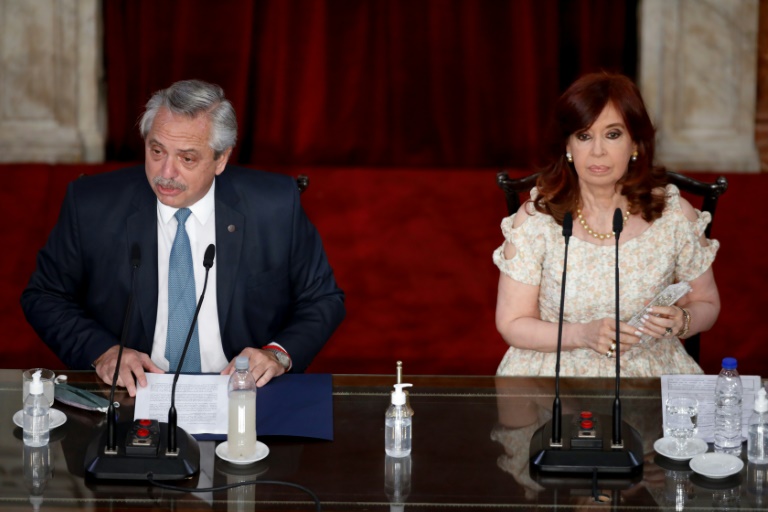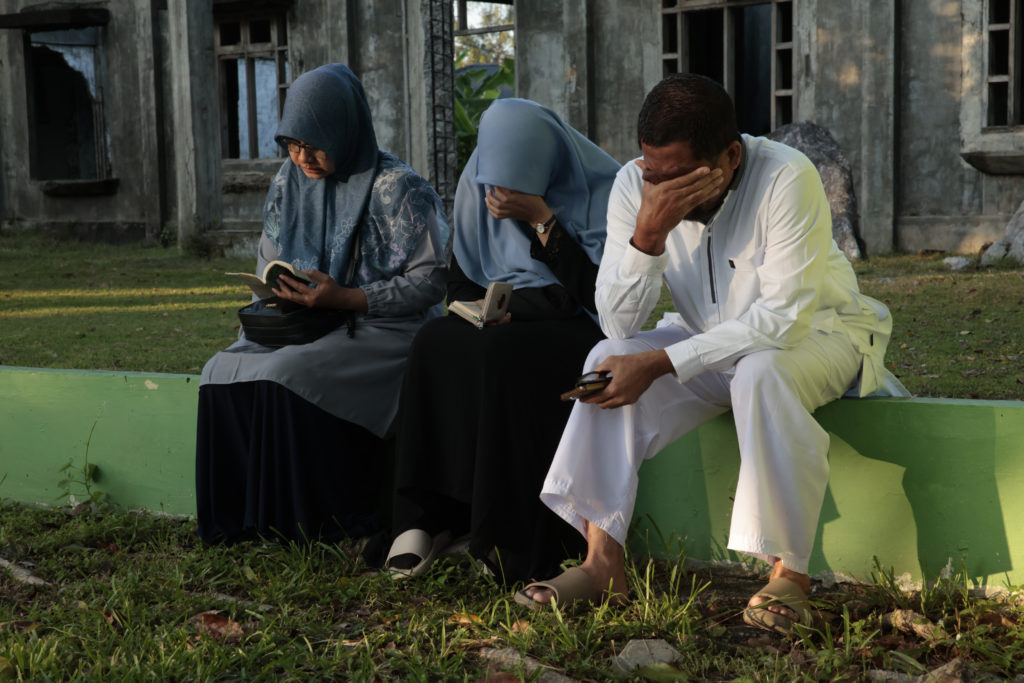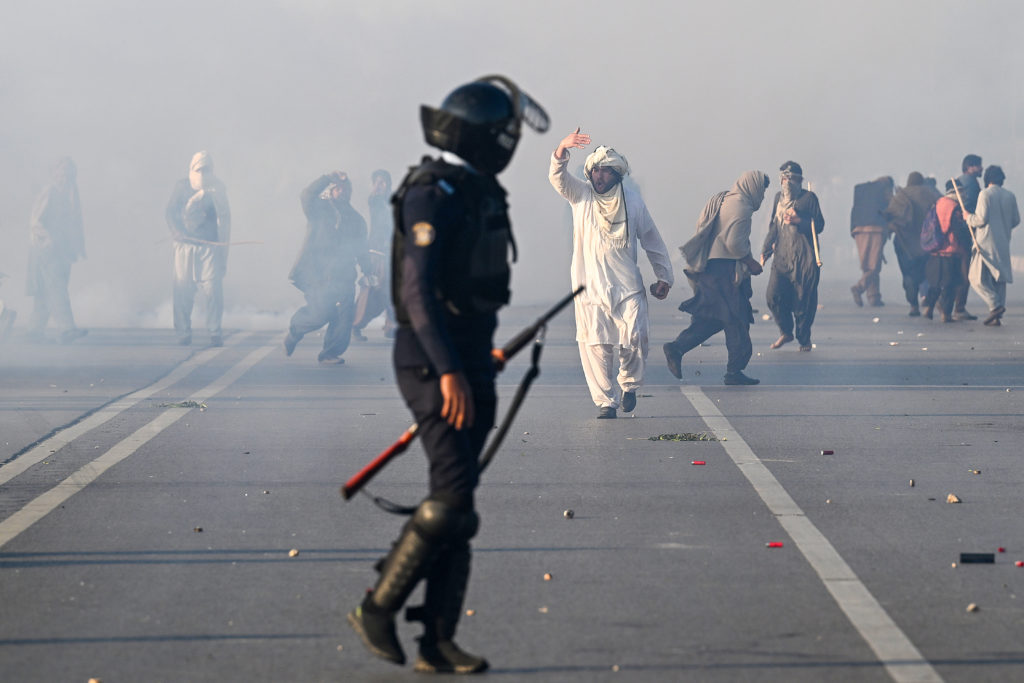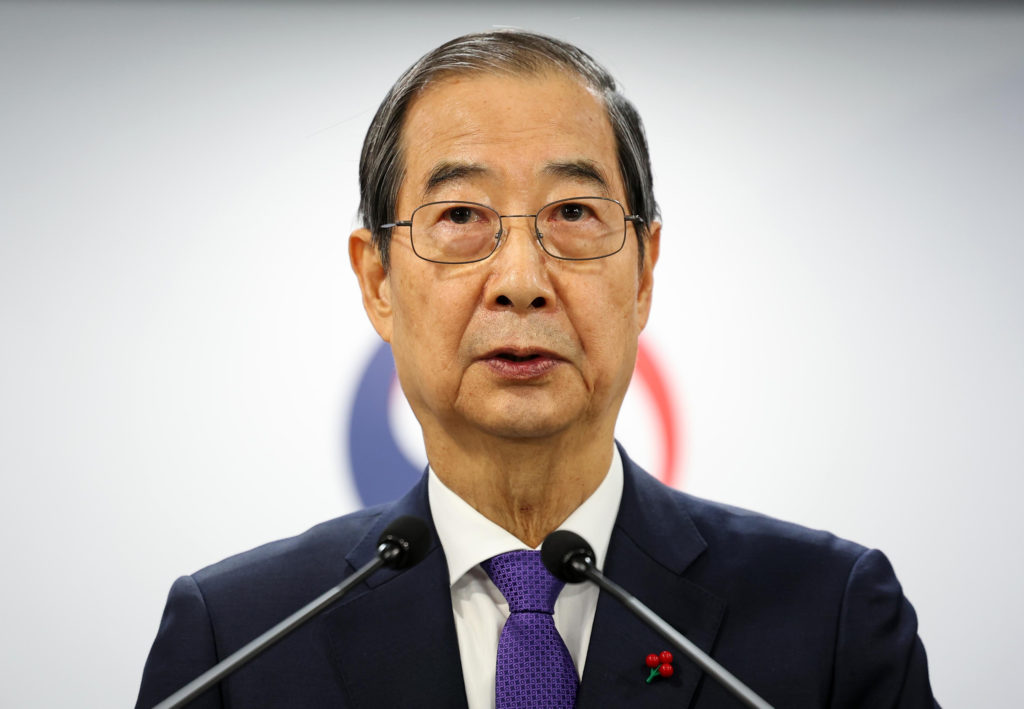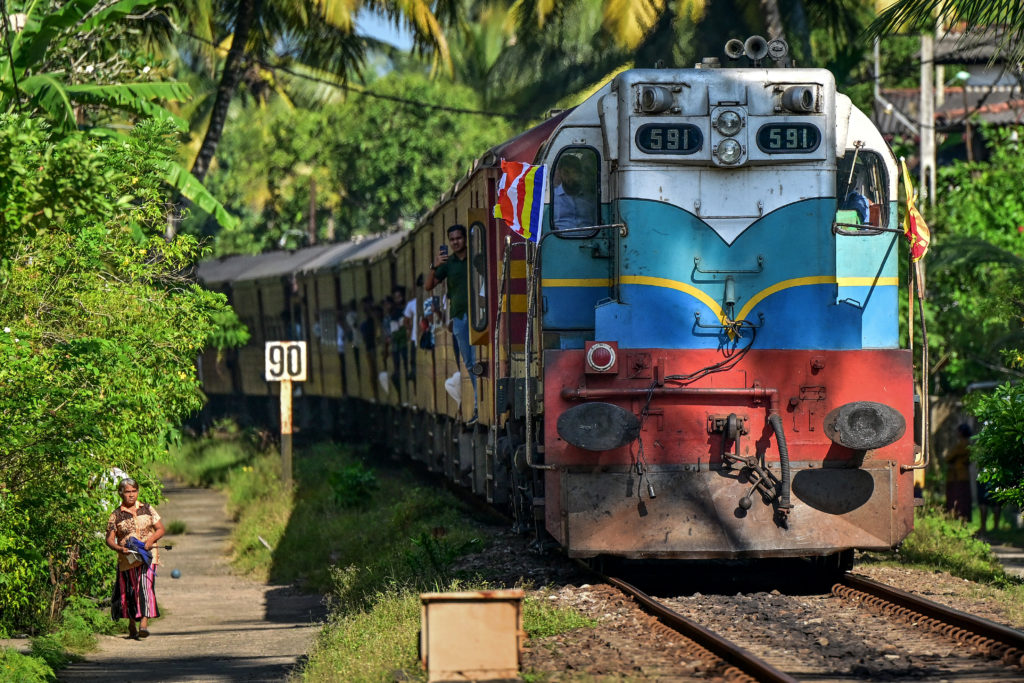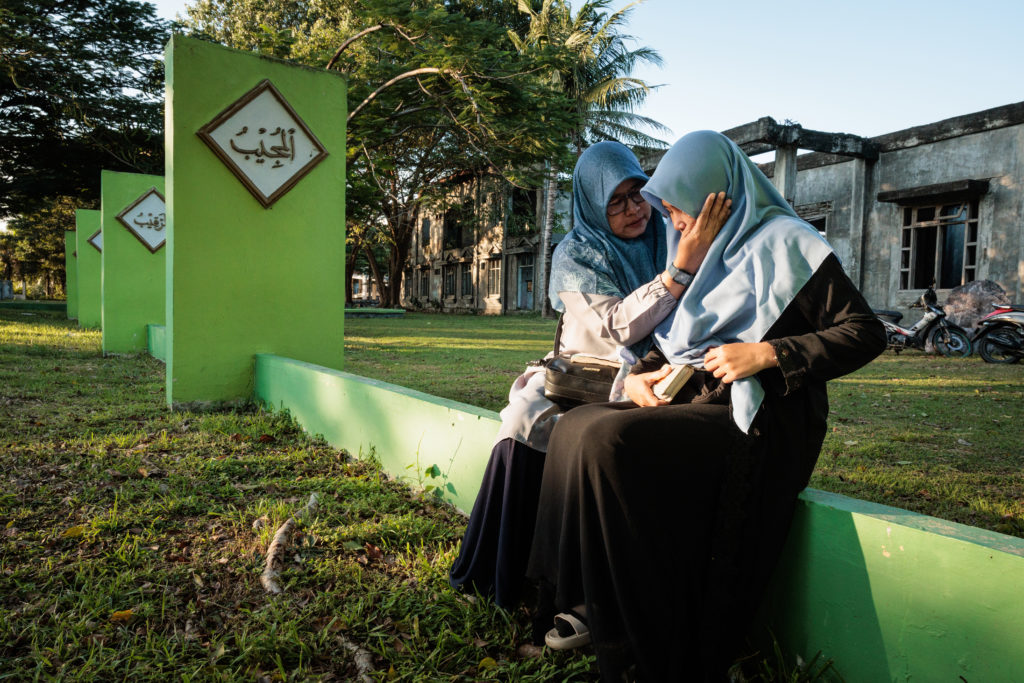Argentina’s Vice President Cristina Kirchner directly challenged her boss, President Alberto Fernandez on Thursday, demanding a cabinet reshuffle and blaming the ruling coalition’s recent electoral defeat on his economic policies.
In a deepening political crisis, Kirchner wrote an open letter to Fernandez one day after five cabinet ministers and other senior officials offered to step down after a poor showing for the ruling coalition in weekend primary elections.
Fernandez has rejected the resignations.
“Do you seriously believe that it is not necessary, after such a defeat, to publicly present the resignations and that those in charge facilitate the president to reorganize his government?” Kirchner wrote in the letter in which she criticized those who “cling to their chairs.”
She also said she had warned that the government’s economic policies would “have electoral consequences.”
The ruling Frente de Todos center-left coalition garnered less than 31 percent of the vote ahead of parliamentary elections scheduled for November 14 to renew half the seats in the Chamber of Deputies and a third of those in the Senate.
The alliance has a majority in the Senate and had been hoping to achieve the same in the lower house.
Sunday’s vote was to pick candidates for the November elections, but it is also considered a barometer of people’s voting intentions.
Fernandez called Thursday for his government to put aside “differences.”
“This is not the time to raise disputes that distract us from this path,” Fernandez wrote on Twitter. “Governance will continue as I intend. That’s what I was elected to do,” added the president.
The move by the five ministers was interpreted by analysts as pressure from Kirchner, herself a former president, on Fernandez to reshuffle the cabinet.
The pair “do not trust each other and think that the other is keeping cards up his sleeve,” said political analyst Carlos Fara.
The center-right coalition Juntos, of ex-president Mauricio Macri, obtained 40 percent of the votes cast nationwide on Sunday.
It critically made great strides in the province of Buenos Aires, the country’s largest electoral district and considered a bastion of Fernandez’s party.
Fernandez took power from the incumbent Macri in 2019.
Public discontent with his government has been growing in a country in recession since 2018 and a GDP drop of 9.9 percent last year amid the coronavirus pandemic.
Argentina has one of the world’s highest inflation rates, at 29 percent from January to July this year, and a poverty rate of 42 percent.

